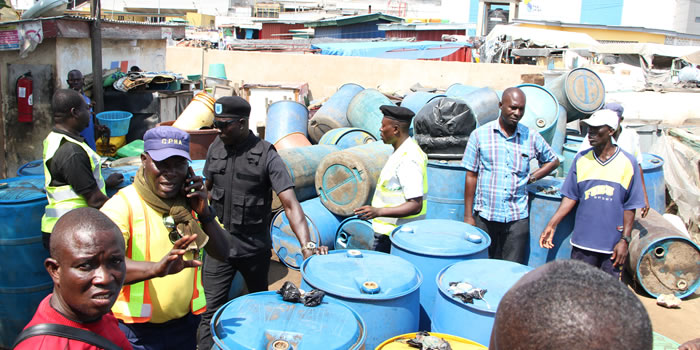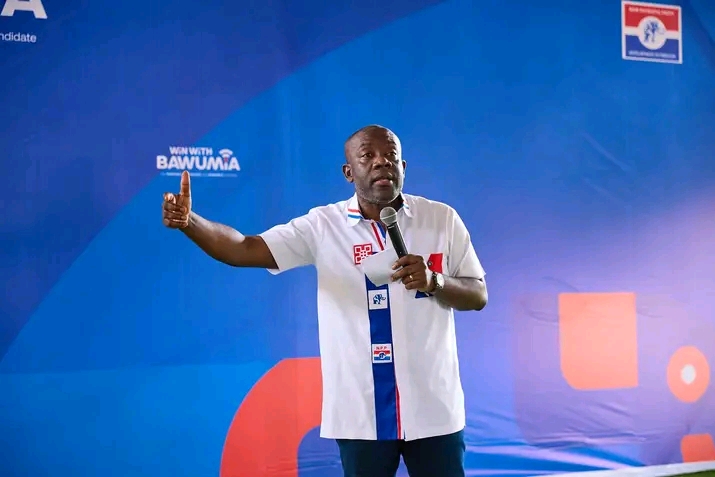By: Kekeli K. Blamey
A recent study by the Environment and Natural Resource Research Initiative (ENRRI-EfD Ghana) found that 91% of Ghanaian fishers support the removal of the long-standing premix fuel subsidy, which was originally introduced to make fuel more affordable for artisanal fishers. Of the 9% who oppose the removal, over half agree that the reasoning behind the proposed change is valid.
Fishers and traders are willing to pay around GH¢83 and GH¢87 per gallon for the premix fuel, respectively. However, many argue that the subsidy is now ineffective, with concerns about irregular fuel distribution. The study reveals that fishers only receive subsidized fuel for about four months a year, making it difficult to plan and sustain their livelihoods. This inconsistency has led to suspicions of mismanagement, with some reporting that the fuel they receive is often poor in quality, damaging their equipment.
Overcapacity in the sector, with more than 12,000 canoes in operation (far exceeding the sustainable range of 8,000 to 9,000), has left many feeling the subsidy is harmful. Professor Wisdom Akpalu, Director of ENRRI/EfD-Ghana, argued that the subsidy has worsened the overfishing crisis. Rather than reducing operational costs, it has encouraged more canoes, leading to overfishing and environmental degradation. He emphasized that the subsidy no longer serves its original purpose and instead contributes to the depletion of marine resources.

The study suggests that removing the subsidy would help reduce overcapacity and promote sustainable fishing practices. It proposes redirecting the US$40 million saved from the subsidy towards programs that directly benefit fishing communities, such as capacity-building, alternative livelihoods, and sustainable fishing techniques.
While removing the subsidy may pose short-term challenges as fishers adjust to market-priced fuel, the study argues that long-term benefits, including fish stock recovery and sector sustainability, would outweigh these difficulties. Surprisingly, the research suggests that removing the subsidy could garner political support, as many fishers themselves are pushing for the reform.

Professor Akpalu stressed the need for targeted interventions to build resilience in coastal communities, suggesting that instead of market-distorting subsidies, development programs should ensure the future of Ghana’s fisheries. However, the study emphasizes that any policy changes must be carefully planned to avoid disrupting fishers’ livelihoods and ensure that savings from the subsidy are effectively used to benefit local communities.
Director of ISSER, Professor Peter Quartey, highlighted that fishers’ frustrations with the current system reflect a call for greater efficiency, transparency, and reliability in subsidy distribution, with less interference from middlemen and politicians.





